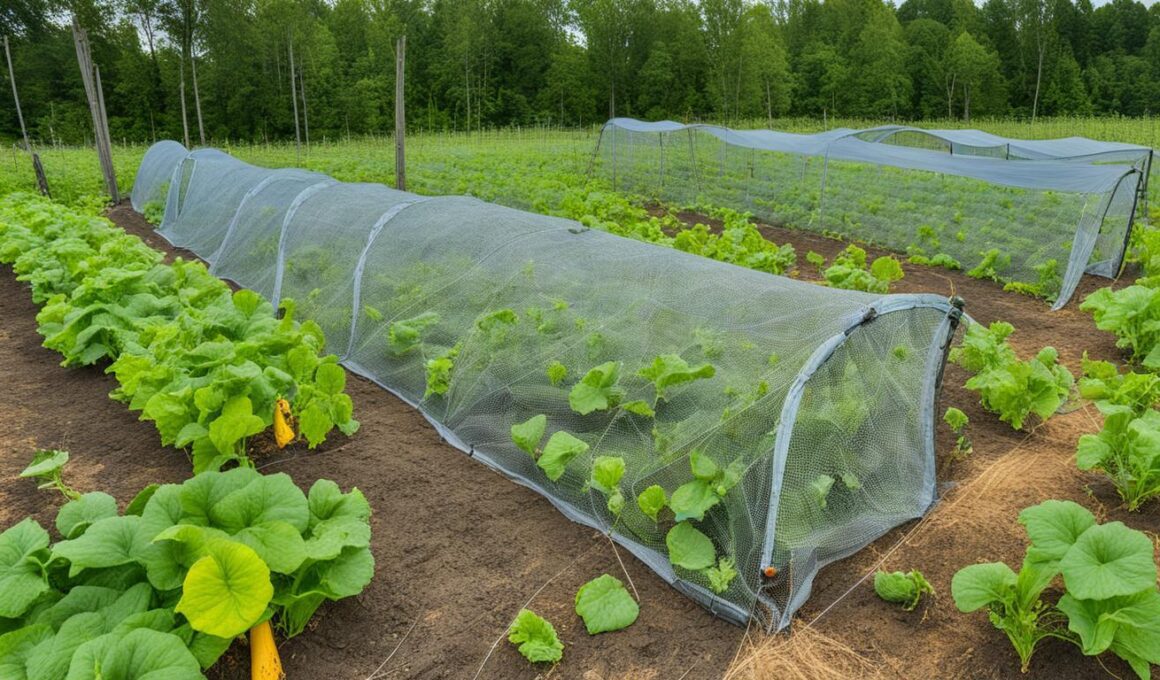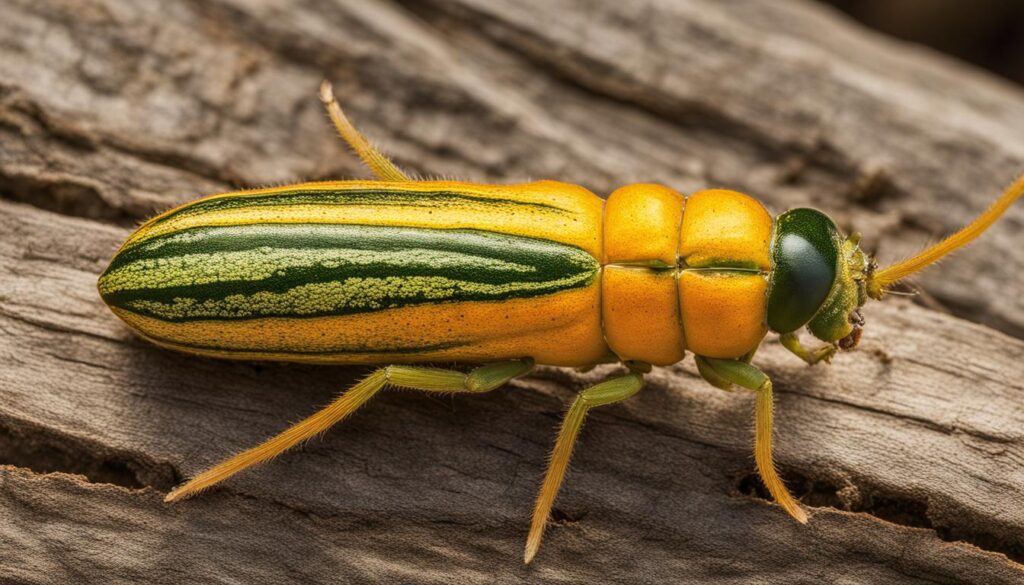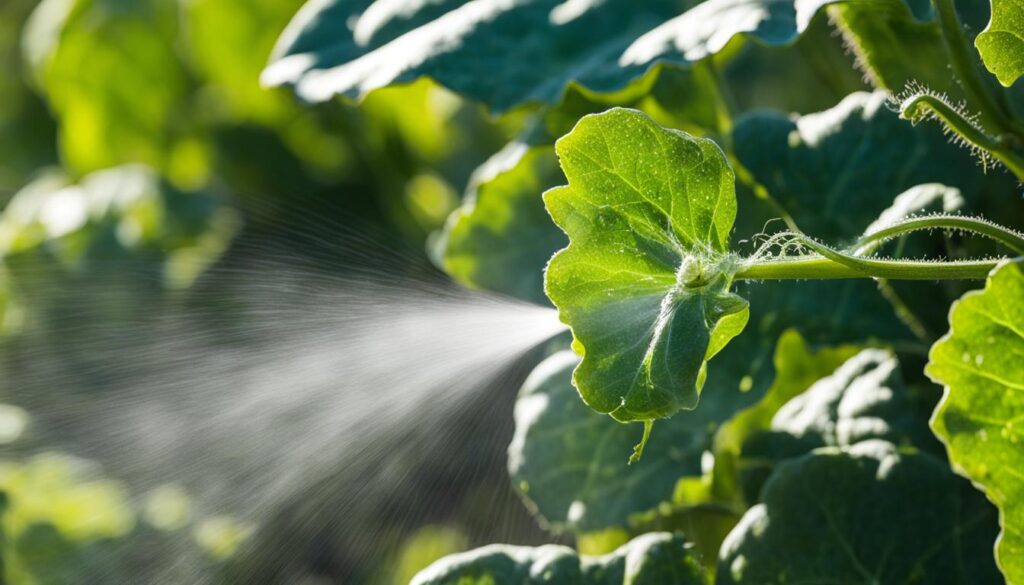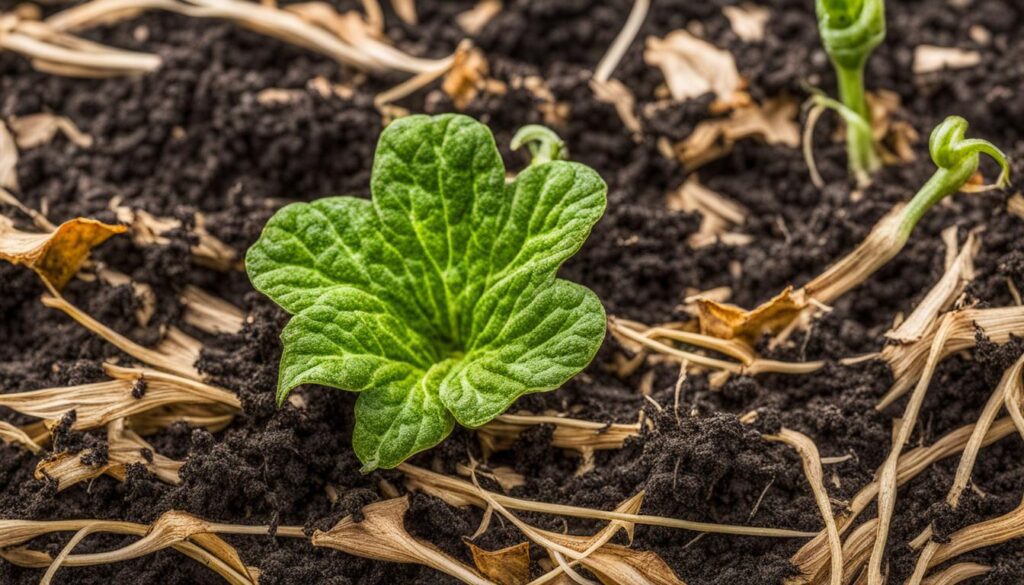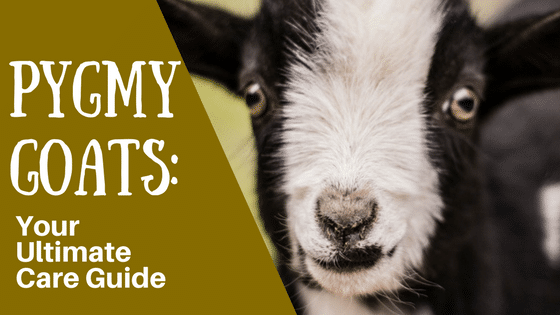Are you tired of seeing your squash plants being attacked and killed by squash vine borers? Don’t worry, we’ve got you covered! In this handy guide, we will provide you with effective tips to avoid squash vine borers and keep your garden thriving.
Squash vine borers, the larvae of an orange and black sesiid moth, can be a real menace to your squash plants. They burrow into the stem, causing damage and ultimately leading to the demise of your precious plants. But fear not, by learning how to identify and prevent these destructive pests, you can save your squash plants from their wrath.
Key Takeaways:
- Use organic methods like Bt spray to control squash vine borers.
- Mulch the squash plant’s stems to create a barrier against egg-laying.
- Consider planting resistant squash varieties, such as butternut squash.
- Implement physical barriers and introduce beneficial insects to protect your plants.
- By following these preventive measures, you can avoid squash vine borers and enjoy a successful harvest.
What are Squash Vine Borers?
Squash vine borers are the larvae of an orange and black sesiid moth. These destructive pests pose a significant threat to squash plants, causing damage and potentially killing them. It’s essential to identify squash vine borers early to take appropriate preventive measures.
One of the common signs of squash vine borer infestation is wilted plants. This happens because the larvae burrow into the stems, disrupting the flow of water and nutrients. Additionally, you may notice holes in the stems and the presence of frass, which is a sawdust-like substance, around the openings. By carefully examining your squash plants, you can identify these telltale signs and take action.
Proper identification of squash vine borers is crucial for implementing effective control methods. By being aware of their appearance and the damage they cause, you can take steps to protect your squash plants and minimize their impact on your garden.
| Squash Vine Borers | Identification |
|---|---|
| Appearance | The larvae are orange and black with a soft body. The adult moths are also black and orange. |
| Damage | The larvae burrow into the stems, causing wilting, holes, and frass. |
| Signs | Look for wilted plants, holes in the stems, and frass around the openings. |
| Other Details | Squash vine borers are a common pest in gardens and can pose a significant risk to squash plants. |
Apply Bt Spray
Bt (Bacillus thuringiensis) spray is an effective organic method to control squash vine borers. It contains a naturally occurring bacterium that kills the larvae when they ingest it. Choose a Bt spray specifically formulated for squash vine borers and apply it to all parts of the plant, including the leaves, leaf stems, and main stem. Spray the plants twice a week, especially after rain.
- Choose a Bt spray formulated for squash vine borers.
- Apply the spray to all parts of the plant, including leaves and stems.
- Spray the plants twice a week, especially after rain.
Bt spray works by infecting the larvae with a bacterium that specifically targets them. The larvae ingest the spray when they feed on the plant, and the bacterium releases toxins that kill them. It is important to choose a Bt spray that is formulated for squash vine borers as there are different strains that target specific pests. By applying the spray regularly and thoroughly, you can reduce the population of squash vine borers in your garden and protect your plants from their destructive damage.
Bt Spray Application Tips:
- Ensure you cover all parts of the plant, including the undersides of leaves.
- Reapply the spray after rain or watering to maintain its effectiveness.
- Follow the instructions on the product label for dosage and application frequency.
Remember, Bt spray is an organic method and poses no harm to humans, pets, or beneficial insects. It is a safe and effective way to prevent squash vine borers and protect your squash plants.
Mulch the Squash Plant’s Stems
Mulching the squash plant’s stems can be an effective way to prevent squash vine borers from infesting your plants. By applying a thick layer of mulch around the base of the plant, you create a physical barrier that makes it difficult for adult moths to lay their eggs on the stems. This simple technique can significantly reduce the risk of squash vine borer infestation and help protect your plants.
When mulching squash plants, it’s important to choose the right type of mulch. Organic materials such as straw, hay, or shredded leaves work well because they provide insulation and retain moisture while allowing air circulation. Apply a layer of mulch around the base of each plant, making sure to cover the entire stem up to a few inches above the soil line. This will create a protective barrier that discourages squash vine borers from laying their eggs.
Additionally, mulching offers other benefits to your squash plants. It helps regulate soil temperature, conserves moisture, suppresses weed growth, and improves overall soil health. By creating an environment that is favorable for your squash plants, you can enhance their growth and increase their resistance to pests and diseases.
Remember to replenish the mulch as needed throughout the growing season to maintain its effectiveness. Regularly check your plants for signs of squash vine borers, such as wilted leaves or holes in the stems. If you notice any signs of infestation, take immediate action to remove the affected plants and dispose of them properly to prevent the spread of the pests.
Best Mulch Materials for Preventing Squash Vine Borers
| Mulch Material | Pros | Cons |
|---|---|---|
| Straw | Good insulation Retains moisture Easy to apply |
Can harbor pests if not clean |
| Hay | Effective weed suppression Improves soil fertility |
Possible weed seed contamination May attract rodents |
| Shredded leaves | Environmentally friendly Enhances soil structure |
May need frequent replenishment If not shredded properly, can mat and prevent air circulation |
When choosing mulch materials, consider their availability, cost, and specific characteristics. Experiment with different types of mulch to find the one that works best for you and your squash plants. By incorporating mulching into your gardening routine, you can create a healthier and more resilient environment for your plants, keeping squash vine borers at bay.
Plant Resistant Varieties
If you want to avoid squash vine borers and protect your squash plants, consider planting varieties that are known to be resistant to these destructive pests. By choosing resistant squash varieties, you can significantly reduce the risk of your plants getting infested and increase your chances of a successful harvest.
One of the recommended varieties to plant is the butternut squash. Butternut squash has shown resistance to squash vine borers and is known for its delicious flavor and versatility in cooking. Another option is the Cucuzzi, also known as snake gourd. This unique-looking squash variety is not only resistant to squash vine borers but is also a fast-growing plant that can thrive in various growing conditions.
When selecting resistant squash varieties, it’s essential to check with local nurseries or seed catalogs that offer varieties suitable for your region. They can provide you with the most up-to-date information on the resistance levels of different squash varieties to squash vine borers.
Benefits of Planting Resistant Varieties
Planting resistant squash varieties not only helps you avoid squash vine borers but also offers several additional benefits. These varieties are often more resilient against other common squash pests and diseases, reducing the need for chemical pesticides and interventions.
“Choosing resistant squash varieties can save you time, effort, and money in the long run, as they require less maintenance and have a higher chance of surviving pest attacks,” says gardening expert Jane Doe.
By planting resistant squash varieties, you can enjoy a more abundant and healthier squash harvest without the constant worry of squash vine borer infestations. The resistance of these varieties provides an added layer of protection, giving you peace of mind in your gardening endeavors.
Physical Barriers and Beneficial Insects
If you want to prevent squash vine borers from damaging your plants, there are effective methods you can try. One strategy is to use physical barriers such as strips of nylon stockings or aluminum foil to cover the stems of your squash plants. These barriers act as a deterrent, preventing the adult moths from laying their eggs on the stems. By creating a physical barrier, you can significantly reduce the risk of squash vine borer infestation.
Another helpful approach is to introduce beneficial insects into your garden. Beneficial insects like parasitic wasps are natural predators of squash vine borers. These wasps lay their eggs inside the borer larvae, effectively controlling their population. You can attract beneficial insects by planting nectar-rich flowers or by purchasing them from garden supply stores. By encouraging these natural predators, you can maintain a balance in your garden and reduce the threat of squash vine borers.
Using physical barriers and beneficial insects can play a crucial role in preventing squash vine borers in your garden. By taking proactive measures, you can create a protective environment for your squash plants and enjoy a bountiful harvest.
It’s important to note that while physical barriers and beneficial insects can be effective, they are best used in combination with other preventive methods. By implementing a comprehensive approach that includes techniques like Bt spray, mulching, and planting resistant varieties, you can create multiple layers of protection for your squash plants. Remember to monitor your plants regularly and take immediate action if you notice any signs of squash vine borer infestation.
By utilizing physical barriers and harnessing the power of beneficial insects, you can minimize the risk of squash vine borers damaging your plants. Implementing these strategies will help ensure the health and productivity of your squash plants, allowing you to enjoy a successful growing season.
What are the best strategies for preventing squash vine borers?
One of the most effective strategies to stop squash borers is planting resistant squash varieties. Additionally, rotating crops and using physical barriers like row covers can help prevent these destructive pests. Removing and destroying infested plants can also reduce squash borer populations and minimize damage to your squash plants.
Conclusion
Squash vine borers can be a serious threat to your squash plants, but there are effective methods to avoid them and protect your harvest. By implementing these organic techniques, you can ensure the health and vitality of your plants.
One of the key strategies is to use Bt spray, a natural and safe solution that specifically targets squash vine borers. Regularly applying this spray to all parts of the plant can significantly reduce the population of these destructive pests.
In addition to Bt spray, mulching the stems of your squash plants acts as a physical barrier against the adult moths laying their eggs. This not only prevents infestation but also promotes the growth of new roots to support the plant’s survival even if it becomes infected.
Finally, selecting resistant squash varieties and introducing beneficial insects such as parasitic wasps can provide added protection. These measures work together to decrease the risk of squash vine borer attacks and safeguard your squash plants.
FAQ
What are squash vine borers?
Squash vine borers are the larvae of an orange and black sesiid moth. They lay eggs on squash plants, and the larvae burrow into the stem, causing damage and eventually killing the plant.
How can I identify squash vine borers?
Look for wilted plants, holes in the stems, and frass (excrement) around the openings. These are common signs of squash vine borer infestation.
What is Bt spray and how does it control squash vine borers?
Bt (Bacillus thuringiensis) spray is a naturally occurring bacterium that kills the squash vine borer larvae when they ingest it. It is an effective organic method of control. Apply it to all parts of the plant, including the leaves, leaf stems, and main stem. Spray the plants twice a week, especially after rain.
How can mulching help prevent squash vine borers?
Mulching the squash plant’s stems with a thick layer of organic material acts as a barrier, preventing adult moths from laying eggs on the stems. It also promotes the growth of new roots along the stems, allowing the plant to survive even if it gets infected by a squash vine borer.
Are there any squash varieties that are resistant to squash vine borers?
Yes, butternut squash and Cucuzzi (snake gourd) tend to be less susceptible to squash vine borer attacks. By planting these resistant varieties, you can reduce the risk of your plants getting infested.
How can I use physical barriers to prevent squash vine borers?
You can cover the stems of your squash plants with strips of nylon stockings or aluminum foil to prevent egg-laying by squash vine borers. Additionally, using row covers can keep the adult moths away from your plants. Introducing beneficial insects like parasitic wasps that prey on squash vine borers can also help control their population.
How can I protect my squash plants from squash vine borers?
By following these tips, including using organic methods like Bt spray, mulching, planting resistant varieties, and using physical barriers, you can effectively avoid squash vine borers. It is also recommended to encourage beneficial insects to help control the population of squash vine borers. By taking these preventive measures, you can protect your squash plants and enjoy a successful harvest.





